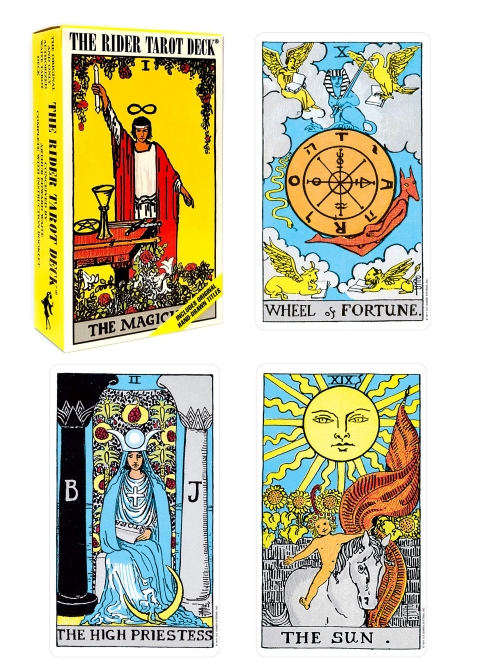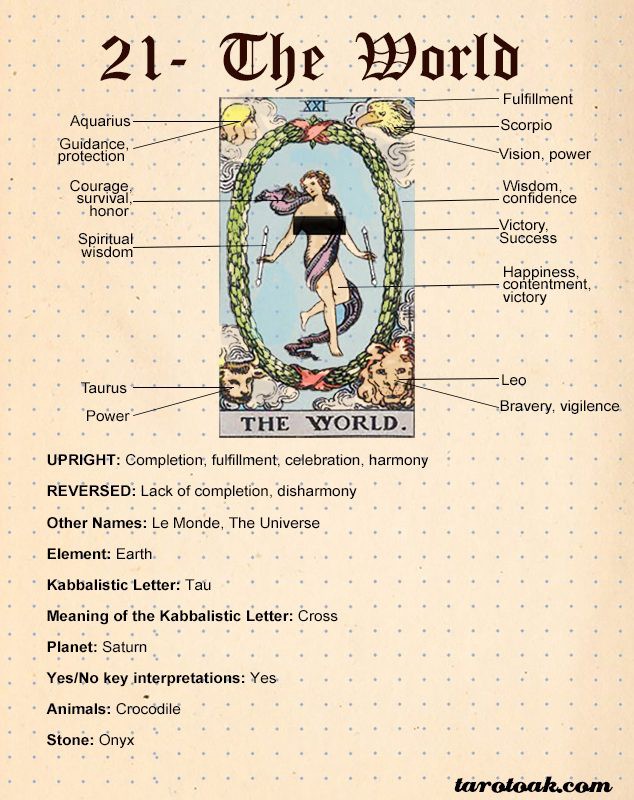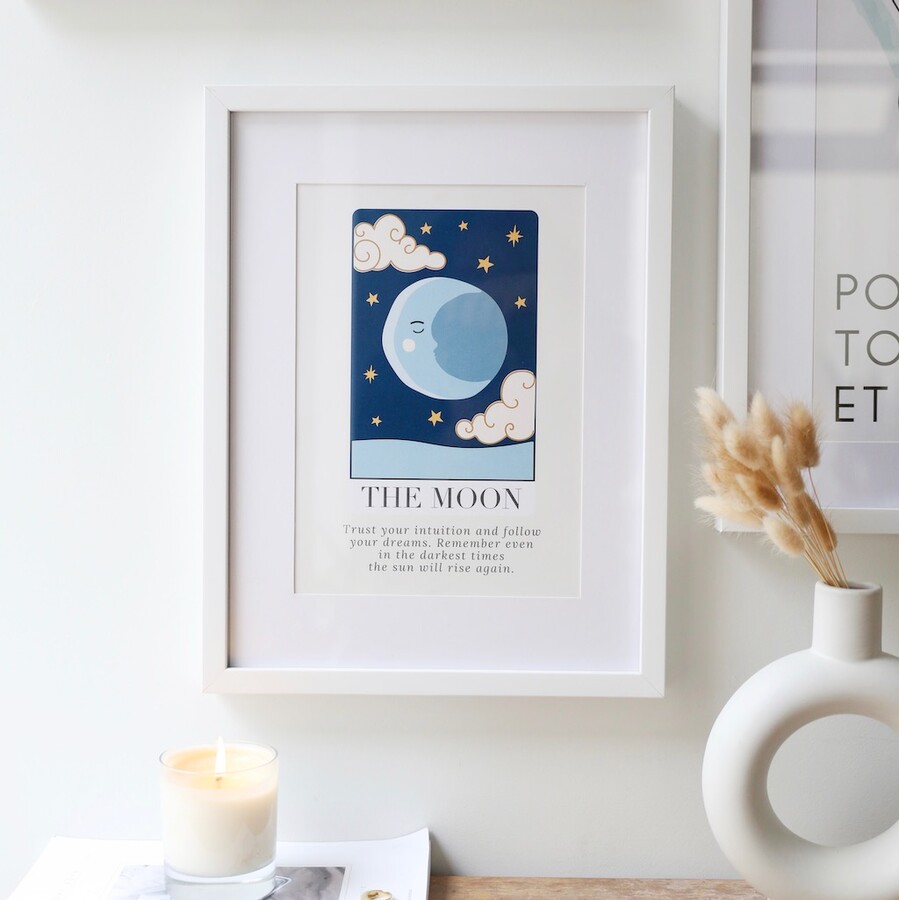
The practice of palm reading has roots in Greek history. It was not restricted to any particular culture or region. It was used in many art schools around the world. Chirologists, hand readers, and palmists are some names for practitioners. Alexander the Great introduced this art form from Greece to Aristotle.
Chiromancy
Chiromancy originated in the Near East in the Hellenistic period. This ancient practice is not directly connected to astrology and is based on intuition. The methodological principles of this ancient practice are not clear. Christian chiromantics discovered a scriptural basis to chiromancy in Job37:7 in the sixteenth century. This may have meant God sealing up a person's hand before they read it. This text is only partially understandable and is based in obscure symbols.
Before the emergence of the modern practice, gypsy fortune tellers were often depicted as women who held the hands of male clients. In the 16th century, gypsy chiromancy had already disappeared from Egypt, but it had become very popular in India. Henry VIII thought palmistry was a clever deception, despite this. However, Henry VIII did not consider that there was a written tradition of chiromantic healing for more than 200 years. British authorities were able to save the practice from its gypsy veneer.
Palmistry
The practice of palm reading, also known as chiromancy, involves examining the lines in someone's hands and using them to make predictions about the future. Palmistry, a practice that has been around for thousands of years and is universal across cultures, is not new. It is performed by people who specialize in the practice, known as palmists, chirologists, or chiromancy practitioners.

The four main lines on the palm are easily visible and can be used to read. Each line represents an aspect of a person's personality. For instance, a curvature in the heart line will indicate a person who is nurturing and emotional. A straight line on the heart will indicate that someone is protective and reserved.
Reading hand shape
The four main lines are the best way to determine if your palm is reading. These lines change throughout the day, and can provide a clue as to how someone feels. To track changes, some people find it useful to take photographs of their hands throughout the day. An individual's flexibility may also be determined by how the line is shaped. A curving heart line, for example, indicates that a person is emotionally open and nurturing. A straight line however indicates that the person is more reserved and cautious.
The palm is useful for evaluating someone's personality. It can be used to assess a person’s character, such their compassion. If someone is compassionate, they might be able assess the other side to a problem. They may lack empathy if they are hardheaded and judgmental. While there are many ways to analyze a palm, one method has been around for centuries: by finding similar people, which helps the palmist to compare them.
Life line
The Lifeline is a characteristic that is seen in palms of those who have weak Life lines. A person with a very thin Lifeline will likely be fragile and struggle to cope with daily stress. These people depend on their nervous energy and physical strength to survive. In addition to the lack of a strong life line, people with shallow lines may also have problems with their health or lack motivation.
Although there are many interpretations of the "life line", it generally refers to an individual's general physical disposition. Some people believe that it shows how long a person will live. Others think it measures how healthy a person. The life span can tell us a lot about a person's overall health.

Fish mark
The Fish mark is a symbol often found on the wrist. Its origins are in ancient Greece. It stands for happiness and infinite good fortune. Its color is a warm pink, which is considered lucky and brings good fortune. It is used in palmistry as a good sign and is common in Asian countries. Learn more about how this sign is used in palmistry. The Fish mark is an important sign in palmistry.
Indian palmistry believes that the Fish sign is auspicious because it signifies a happy and loving partner. It can also indicate good fortune for the woman and a long, healthy life for her husband. The Fish sign is a triangle-shaped symbol in Chinese palmistry. Usually it appears at the end of the life line.
FAQ
What are observation hobbies?
Observation hobbies are activities where you observe people doing what they do. It could be reading, watching sports or going on holiday. You could also observe other people.
You can learn creativity through observation hobbies. You can apply this knowledge later on when you work with others.
If you are passionate about something, you will find it easier to learn about it.
If you are interested in learning more about football, for example, you might watch a match or read a book. You could visit or take part in exhibitions if you are interested in learning more about photography.
You could also buy a guitar or play along online to music if you are a musician.
If you love cooking, you can either cook your meals at home or order from a local restaurant.
If you love gardening, you might grow vegetables or flowers.
If you are a fan of dancing, you can join a class or go out with your friends to learn.
You could also paint pictures if you are a fan of painting.
If you love writing, you might be interested in writing poems and stories.
You could also draw pictures if you enjoy drawing.
If you're passionate about animals you might consider working at a Zoo or looking after their pets.
If science interests you, you can study biology, chemistry or physics.
If you like history, you could read books, watch films or listen to podcasts.
You could explore the world or travel to places you love if you are a lover of traveling.
What can I do to make money from my hobby or business?
Many hobbies can lead to making extra cash.
If you are passionate enough about your hobby to decide to sell it,
For example, if you collect stamps, you may want to set up a website selling rare stamps.
This allows you to make additional income, without having the hassle of actually purchasing and selling stamps.
Another option is to start a YouTube channel in which you discuss your hobby.
This allows you to share what is important to you with others, and possibly generate additional revenue through premium content.
What are some great hobbies?
Doing something you enjoy is the best hobby. You'll be more motivated to do what you love. It will also be easier to find a reason to stop feeling tired or sick.
Our hobbies include painting, crafts, photography and cooking.
Consider volunteering at your local animal shelter, charity shop, hospice, children's hospital or hospice, elderly care home, school center, church, or community center.
Let's say you are looking for something more exciting. Consider scuba diving and skydiving.
There are many ways to enjoy nature, even if you don't want to travel far. These include caving, cliff diving, cave tubing, abseiling, sea kayaking, rafting, canoeing, climbing, trekking, bushwalking, mountaineering, backpacking, trail running, orienteering, off-road driving, quad biking, motorcycling, motorcycle riding, dirt bike riding, jet boating, hang gliding, hang gliding, parachuting, hang gliding, heli-skiing, ice skating, snowmobiling, snowshoeing, snowshoeing, cross country skiing, downhill skiing, telemark skiing, ski touring, sled dog racing, snowboarding, snowkiting, snowmobiling, spelunking, snowshoe hiking, snowshoeing and many more.
How do you get started with your new hobby or interest?
To start a new hobby, you must first decide what type of activity you would like to do.
Passion is key once you have chosen your topic.
Understanding why you are interested in a hobby is important. This will help give you direction and provide a purpose.
Once you've chosen the hobby you would like to pursue you can start planning.
Think about what equipment you'll need to purchase.
Consider whether you are required to attend classes and seminars.
You must ensure you have enough room for your hobby.
You may also consider joining a club or group. These groups often offer advice and support.
Finally, think about how much money you would need to spend on your hobby.
Where can you find free resources that teach more about hobbies and interests?
There are tons of websites devoted to helping people discover new hobbies.
Here are some of our favorite:
www.trythisathome.com - This site provides a list of over 100 different hobbies. You can also find information about how to start each hobby.
www.hobbyfinders.org offers a huge database with thousands of activities. You can search for your interests, skills, location, and many other criteria.
www.indiebazaar.co.uk - IndieBazaar is an online marketplace designed specifically for independent artists and musicians. You will find hundreds of products that range from artwork to music gear on the site.
www.pinterest.com/explore/hobbies - Pinterest is a social media network that lets users "pin" images they find interesting onto their boards. Boards allow users to organize things they like into specific categories.
www.reddit.com/r/Hobbies: Reddit, another social media platform, allows users to post links to articles and videos. Voting lets users vote for which posts are the most valuable.
Why do we need hobbies
Hobbies are an important part of our lives because they give us time to relax, unwind, think creatively, exercise, socialize and enjoy ourselves. They also provide us with opportunities for learning new skills and developing valuable life-long interests.
Hobbies help us to find meaning and purpose in our lives.
These can often be a great way to get some extra time while you have nothing else.
They're even fun!
If you don't find time for hobbies, it's likely that you don't have enough time for any other activities.
Take a look at the many options that are available to you. If you don't have a hobby yet, then maybe you should start one today!
What are your favorite hobbies right now
Popularity does not always mean that you are popular. It can be used to justify mediocrity. Most people don't have the time or energy to pursue their hobbies. They're too busy working to make ends met. What do you do with your spare time? You could also start your own business.
This isn’t easy. You will need to overcome many obstacles before your idea can become a reality.
A hobby is a great option if you're looking to do something different than run a business.
Hobbies can be more than just creative pursuits. There are many hobbies. Here are some examples:
-
Gardening
-
Cooking
-
Photography
-
Reading
Statistics
- A new survey by Pew Research Center of teens ages 13 to 17 finds that 36% of girls feel tense or nervous about their day every day; 23% of boys say the same. (pewresearch.org)
- I am 100% biologically a woman (discover.hubpages.com)
- 37% Video Games 36% Travel 36% Health and Fitness (quizexpo.com)
- This 100% accurate personality-analyzing hobby quiz discovers your passion based on your characteristics. (quizexpo.com)
- The intensity of the dialogue partners' bond at the end of the forty-five-minute vulnerability interaction was rated as closer than the closest relationship in the lives of 30 percent of similar students. (time.com)
External Links
How To
How to learn a musical instrument
There are many different ways to learn how music is played. You could go to a school or buy a book. You could also take lessons from an experienced musician, watch videos online, and so on. Here are some tips and techniques to help you learn if your goal is to create your own learning path.
-
Find something that interests you. Try another instrument if you don't love any of the ones you see. If you don't like playing an instrument, it would be difficult to learn how to play it.
-
Be patient. It takes time to learn anything new. Do not expect to be able to master every aspect of the subject immediately. Instead, keep practicing every day.
-
Keep practicing regularly. You can do this even when it is hard. This will help you remember what you've learned.
-
Find a quiet place to practice. A quiet room where you won't disturb anyone else is ideal. Be sure to not distract others. You should avoid loud music being played near you.
-
Have fun. Music is meant for enjoyment. It is important to have fun when practicing. You will be motivated to do more if you have fun.
-
Set goals. Setting goals will help you to know exactly what your goal is. Failure is not an option.
-
Keep track of your progress. Note down your successes and mistakes. It will help you become a better person over time.
-
Take breaks. Sometimes all it takes is to take a breather. Taking breaks will give you time to think about things.
-
Ask questions. Ask for help if you are unsure or have questions about certain aspects of the instrument. They may be willing to help.
-
Listening is the best way of learning. Many musicians love to listen to and imitate songs. This helps them understand the basic concepts behind the song.
-
Read books. Reading books will teach you more than watching videos or taking classes. Books often contain information you can't find elsewhere.
-
You can join a band. Playing with others will force you to practice more. You will also meet others with similar interests to yours.
-
Learn from tutorials. Tutorials are short videos which explain many topics in great detail. These tutorials usually concentrate on one particular aspect of an instrument. You can learn difficult parts of the instrument by watching tutorials.
-
Try different methods. Some people prefer to learn through lectures. Others prefer to read. Keep trying until you find your preferred method.
-
Practice makes perfect. It is not possible to become an expert overnight. You must work hard to become proficient enough to do well.
-
Play along with other musicians. Listening and learning from others can help you to learn faster.